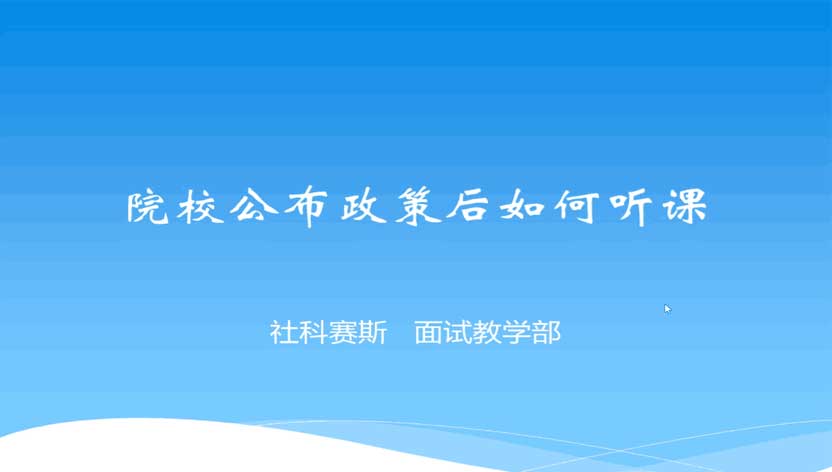2025MBA報(bào)考測(cè)評(píng)申請(qǐng)中......
說(shuō)明:您只需填寫(xiě)姓名和電話即可免費(fèi)預(yù)約!也可以通過(guò)撥打熱線免費(fèi)預(yù)約
我們的工作人員會(huì)在最短時(shí)間內(nèi)給予您活動(dòng)安排回復(fù)。
導(dǎo)讀:詞義精當(dāng),是指譯者對(duì)原文每一個(gè)詞都譯得恰如其分。當(dāng)然,怎樣才算是“恰如其分”,這是個(gè)相對(duì)標(biāo)準(zhǔn),但我們?cè)诜g實(shí)踐中,務(wù)必高標(biāo)準(zhǔn)、嚴(yán)要求、精益求精。
(一)一詞多義
同一個(gè)詞,由于語(yǔ)境不同,其詞義可千差萬(wàn)別。試看下面幾個(gè)例子:
1)He got all the credit for the discovery.
2)The ledger shows 300 pounds on the debit side and 50 pounds on the credit side.
3)The availability of cheap long term credit would help small businesses.
4)They sold grain on credit during time of famine.
5)How much do I have to my credit?
6)They cannot obtain credit at all in the trade.
7)They have opened the covering credit with the Bank of China, London.
以上七個(gè)句子都包含有“credit”這個(gè)詞,但每個(gè)句子中“credit”,其詞義都有所區(qū)別:
1)他由于這項(xiàng)發(fā)現(xiàn)而獲得各種榮譽(yù)。
2)從分類帳上可以看出,發(fā)生金額借方300英鎊,貸方50英鎊。
3)低息長(zhǎng)期貸款可以扶持小型企業(yè)。
4)饑荒季節(jié),他們則賒銷糧食。
5)我們銀行戶頭上還有多少存款?
6)他們生意信譽(yù)已蕩然無(wú)存。
7)他們已從倫敦中國(guó)銀行開(kāi)立了有關(guān)信用證。
只要翻開(kāi)一般詞典,我們就可知道,一詞多義是語(yǔ)言普遍現(xiàn)象。因此,根據(jù)不同語(yǔ)境正確選詞是翻譯一項(xiàng)最基本技能。再看幾個(gè)漢譯英例子:
1)價(jià)廉物美
2)我們不銷售廉價(jià)質(zhì)次貨物。
3)我們已按很低價(jià)格向你們報(bào)盤(pán)。
4)你們將會(huì)看出我們這批貨物價(jià)格是很便宜。
5)請(qǐng)報(bào)體溫表最低價(jià)。
6)對(duì)我們業(yè)務(wù)建議如有興趣,請(qǐng)寄樣品,并告最惠條款。
7)我們報(bào)價(jià)已是最低價(jià),折扣不能再多給了。
以上七個(gè)句子都涉及到“價(jià)格低”這么一個(gè)概念,但若要譯得貼切,卻可能須用不同詞來(lái)表達(dá)。試譯
1)fine and inexpensive
2)We do not sell cheap quality goods.
3)We have made you an offer at a very competitive price.
4)You will find our prices for these goods very popular.
5)Please make us your lowest quotation for Clinical Thermometers.
6)If you feel interest in our business proposal, please send us the samples together with your best terms and conditions.
7)As we have quoted you our rock-bottom price, we can‘t give you any more discount.
如果查閱一般漢英詞典,比如查“便宜”這一詞條,往往不可能給出所有釋義。即使倒過(guò)來(lái)去查英漢詞典,也并非每一個(gè)詞都能找到確切對(duì)應(yīng)漢語(yǔ)詞義,如 “best”一詞,只是在特定搭配中,才具有“優(yōu)惠”、“便宜”等類含義。許多學(xué)生,一談到“便宜”,可能馬上就聯(lián)想到“cheap”一詞,但這個(gè)詞常常 含有貶義,這點(diǎn)不能不知。













